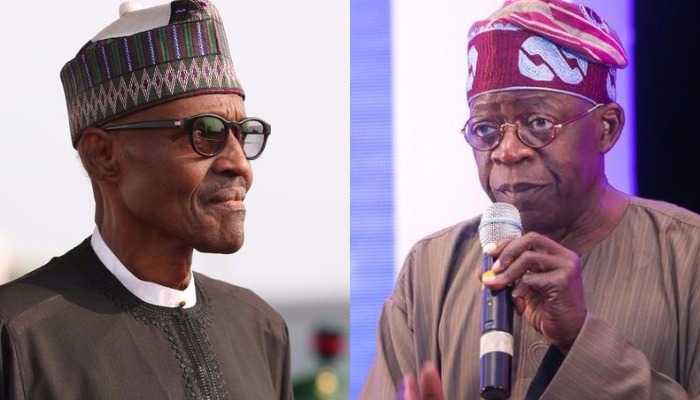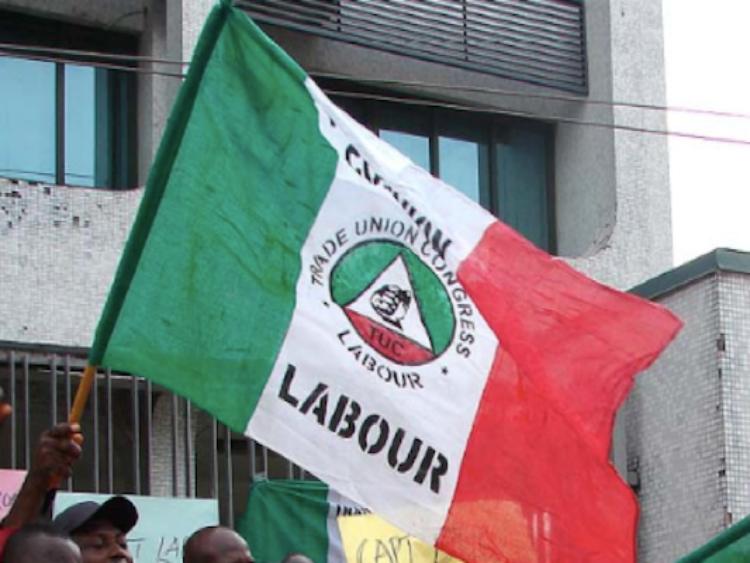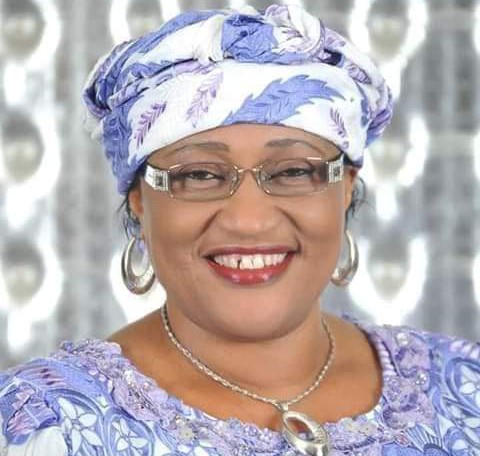Editorial
Editorial: Nigeria and Chinese prison workers

The issue of China’s dealings with third world countries especially Africa, has become a source of global concern as more and more countries fall victim to their amoral economic and political policies in international relations. Before our very eyes, China is unabashedly taking control of the economies of these poor emerging countries.
Last week, stakeholders in the maritime sector cried out over the influx of over 300 Chinese workers in the sector who have displaced Nigerians. A few weeks ago, the House of Reps opened a probe into the alleged importation of Chinese prisoners to work in the country as part of their cheap labour policy to undercut competition even in other countries.
In the past, developed economies such as America and the European Union had accused China of using prisoners’ labour for export production which created unfair competition and allowed China to take over the markets. Such unfair trade practice has been at the root of the trade war with the U.S.A. China stubbornly pursues its national interest without regard to others.
At the recently held World Bank/IMF Spring conference, the multilateral agencies warned developing countries about their dealings with China especially in loan negotiations. Practically the economic landscape of the third world lies prostrate before China as it throws money around which it is using to its greatest advantage.
Countries after countries who took loans from China have found themselves losing some strategic economic assets which the funds were used to develop or improve. Sri Lanka as a main shipping hub has lost its strategic port facility, which it took loan from China to upgrade. In Africa, Zambia, Kenya, Ethiopia etc are staring second colonialism in the face as China has virtually assumed ownership of the commanding heights of their economies, such as mines, seaports, public utilities etc.
Overtime, Nigerians working for Chinese firms usually have had sad tales to tell. China is known to disregard international best practices in its dealings with Africa countries. While Europe and America are increasingly making it difficult for their companies to breach local laws in their business transactions especially issues of human rights and corruption, China is hardly bothered by such niceties.
Traditionally, China turns a blind eye to political dictatorship and human right abuses and corruption as long as the political leadership guarantees its business interests. For instance, the recently ousted Omar El Bashir of Sudan was a close business ally of the Chinese in spite of being under United Nations sanctions and ICC arrest warrant for crimes against humanity. For China, all that matters to it is the protection and advancement of its business interests.
China has also been increasing its presence in the country. Late military head of state, Gen. Abacha opened the door to the Asian nation, when the west embargoed relations with Nigeria on account of the execution of the Ogoni Nine led by Playwright, Ken Saro Wiwa in 1996. Since then the relationship has blossomed with China funding some of the major projects in the country such as the standard gauge rail project, the Abuja-Kaduna mono rail, road projects, Mambilla power plant etc.
This Newspaper believes in free enterprise and free trade but such should be done under acceptable rules and within the laws of the land. Use of prisoners for labour without equal pay is illegal and discriminatory. It is criminal and unacceptable for the country to be used as dumping ground for all manners of trade and business practices even to the detriment of the local economy. Already Chinese goods and products have flooded the market because of their cheapness.
And Chinese nationals are getting involved in every business and artisanal trade contrary to the expatriate quota regime in the country simply because enforcement of rules in Nigeria is lax. In fact, it is alleged that Chinese firms have no scruples corrupting officials of state to get their way. This should be condoned. In Kano, for instance, there was a recent protest against Chinese who are even hawking imported textiles.
In 2006, Chinese President Hu Jintao visited Nigeria. He got four oil drilling licences for his country. In return, he pledged China’s investment of $4 billion in oil and infrastructure development projects in Nigeria.
A huge loan has also been granted by China for building of three refineries in Nigeria. In 2005, Nigeria agreed to supply Petro China with 30,000 barrels per day (4,800 m3/d) of oil for $ 800 million. In 2006, CNOOC purchased share for $ 2.3 billion in an oil exploration block owned by a former defence minister. These moves have consolidated China’s access to crude oil for its energy needs back home.
Many Chinese quarries have a high number of expatriate employees while the companies provide little or no safety precautions for local workers, such as safety precautions for workers on site; proper salary structure to protect the rights of local workers as well as proper tax clearances to ensure federal government gets its due.
A report by the China Africa Research Initiative (CARI) released in August 2018 shows that Chinese government, banks and contractors extended US $136 billion in loans to African governments and their state-owned enterprises (SOEs) from 2000 to 2017. The DMO had earlier in a report released in March 2018, said that Nigeria had total indebtedness $6bn to China alone.
The House of Reps probe therefore should go beyond the normally political exercise and dig deeper into the whole gamut of China’s business and trade dealings with Nigeria to ensure that we do mortgage our future through political indifference and carelessness.
By using prisoners’ labour for production Nigerian firms would never stand a chance to compete with Chinese companies as their labour costs will be far lower than the national average especially with the introduction of a new minimum wage of N30,000. With its discriminatory labour practices it is inconceivable to expect Chinese firms to pay the new minimum wage under any guise.
We therefore call on both the executive and the NASS to take this issue at the highest level to ensure that Nigeria and Nigerians are not unduly exploited by the China in their own country.









